A European Foreign Policy
Rethinking and building the EU's role in the world.
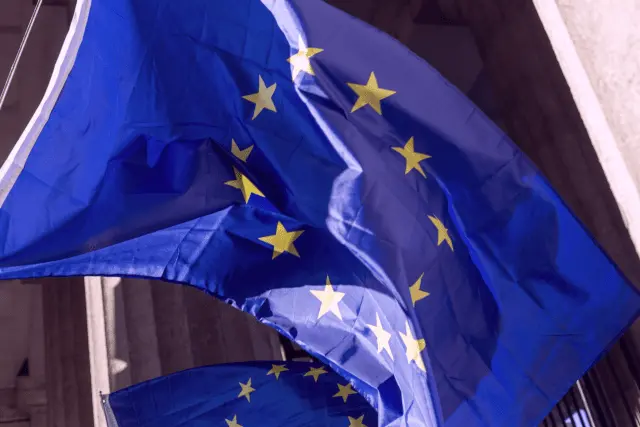
Quo vadis European Union?
Europe was built as project to ensure peace through economic ties and in that regard the EU has to be considered a success. However, the world has changed significantly over the last decades. Europe did not, because member state governments have never wanted for the European Union to become more than what it already was.
Today, crises, conflicts and war are at Europe's doorsteps and their effects are felt throughout the Union - be it millions of refugees we are hosting or the continuous aid of over 100 billion Euros, the EU has provided and is continuing to provide to Ukraine.
Because reforms have been avoided for decades, the EU today has no geopolitical weight. Long forgotten are the embarrassing trips of Ursula von der Leyen and Charles Michel to Turkey fighting for the lone chair provided. Today, it's the obligation to spend 5% of GDP for NATO (the complete EU budget is currently ~1.2% of GDP), the dismal EU-US trade deal or the peace negotiations between the US and Russia for the war in Ukraine: Our own history is being made by foreign powers, because Europe is still not united. A European foreign policy is nonexistent. We have neither a united voice nor a canon: we are a cacophony of 27+1 pulling in 28 different directions and, in sum, not getting anywhere.
We cannot continue like this. In a world of geopolitical blocks, individual member states matter less and less. We must realise that only by joining forces towards a common European "block" and foreign policy, we can live up to expectations and play a role on the international stage.
My focus points
We urgently need a European foreign policy doctrine. These following would be my focus points.
-
Accession and integration
The accession and integration process must change to a bi-directional and iterative process rather than a Europe of different speeds and decades of waiting time for countries willing to join the EU. We need to make our Union much more accessible by defining a path to accession which at every integration step gives access to "a bit more of Europe". This access should also be revocable in case of regressions for new and existing members. Within such a process, Hungary for example would have long lost its voting rights because of democratic backsliding and corruption.
-
Soft power
Rebuilding the credibility Europe has lost and is loosing on the international stage will be a generational task. We can no longer point fingers at other countries for violation of human rights since we also look the other way whenever it suits us. Europe has to speak with one voice in conflicts and use not only it's economic influence for a "smart" foreign policy. Filling the void left by taking over abandoned initiatives like USAid and Radio Free Europe is just as important, as for the EU to become much more resilient in many sectors, from energy to critical resources, defence and technological infrastructure.
-
Military deterrence
National governments are willing to invest hundreds of billions of Euros into their respective military and even accepted the 5% NATO spending imposed by US president Donald Trump. There is a big risk of a gigantic waste of taxpayer money, because, as long as there is neither coordination, joint purchases or any attempt at mutilating the effort, government will go into 27 different directions. There needs to be a consolidation of the various national defence industries, a joint supreme commander for European forces within NATO, the outlines of a future European army and a robust command chain. If member states are not making any effort at the European level, we will be in for a rude awakening.
-
Natural disaster intervention
We should build consensus for a European military disaster and catastrophe intervention unit as a precursor of an actual European army. Whether within Europe or beyond, with climate change set to intensify, such a military branch will not run out of missions and we should use it to establish and work with the paneuropean command structures that we should have had a long time ago.
Related blog posts
-
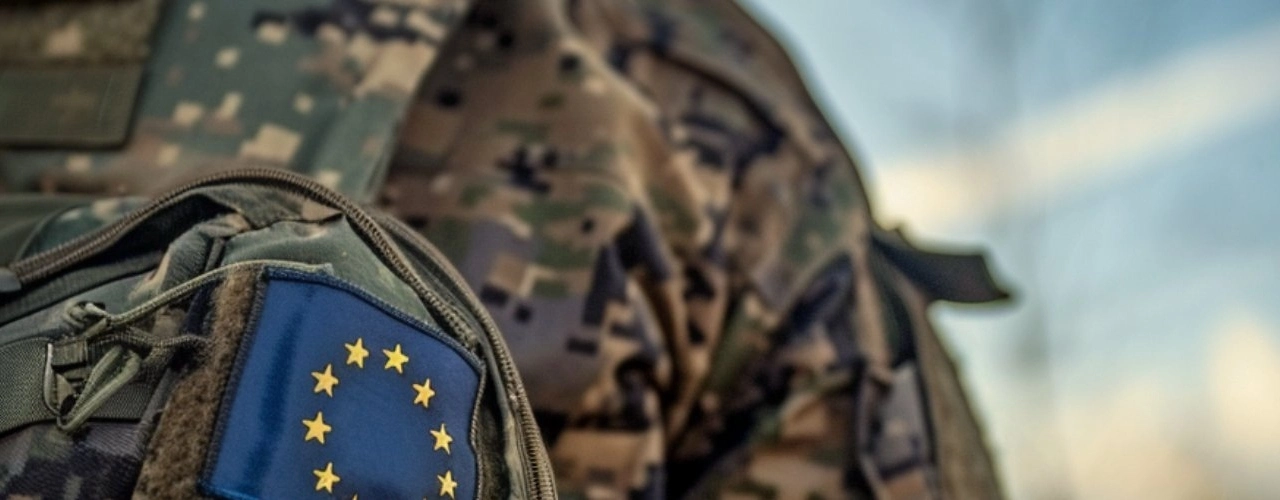
If Germany can live with Eurobonds, Denmark can pave the way for EU military
(Sven Franck, )
After the staccato of docile statements from EU and national leaders on Venezuela, Trump has its eyes firmly set on Greenland. Denmark, meanwhile, refused EU and member states military support months ago. With reality biting, isn't it time to reconsider? Read the article. -
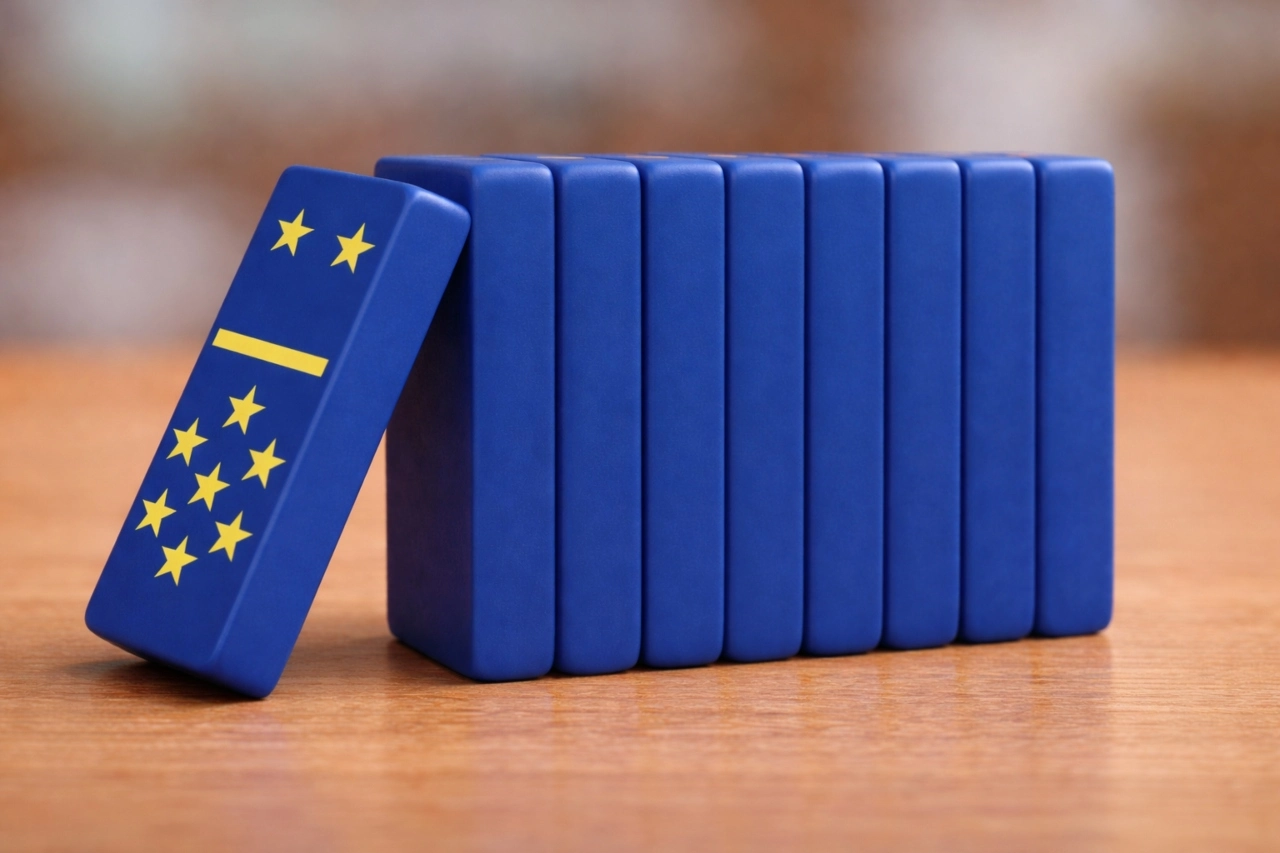
First we take Maduro, then we take Greenland?
(Sven Franck, )
With the US not being coy about its objections to a United Europe, member states having nuclear arms and limiting free speech, one has to wonder when Denmark will loose Greenland or helicopters will exfiltrate Emmanuel Macron after Marine LePen is declared ineligible for the 2027 presidential elections. Are we ready for MAGA-foreign policy? Read the article. -
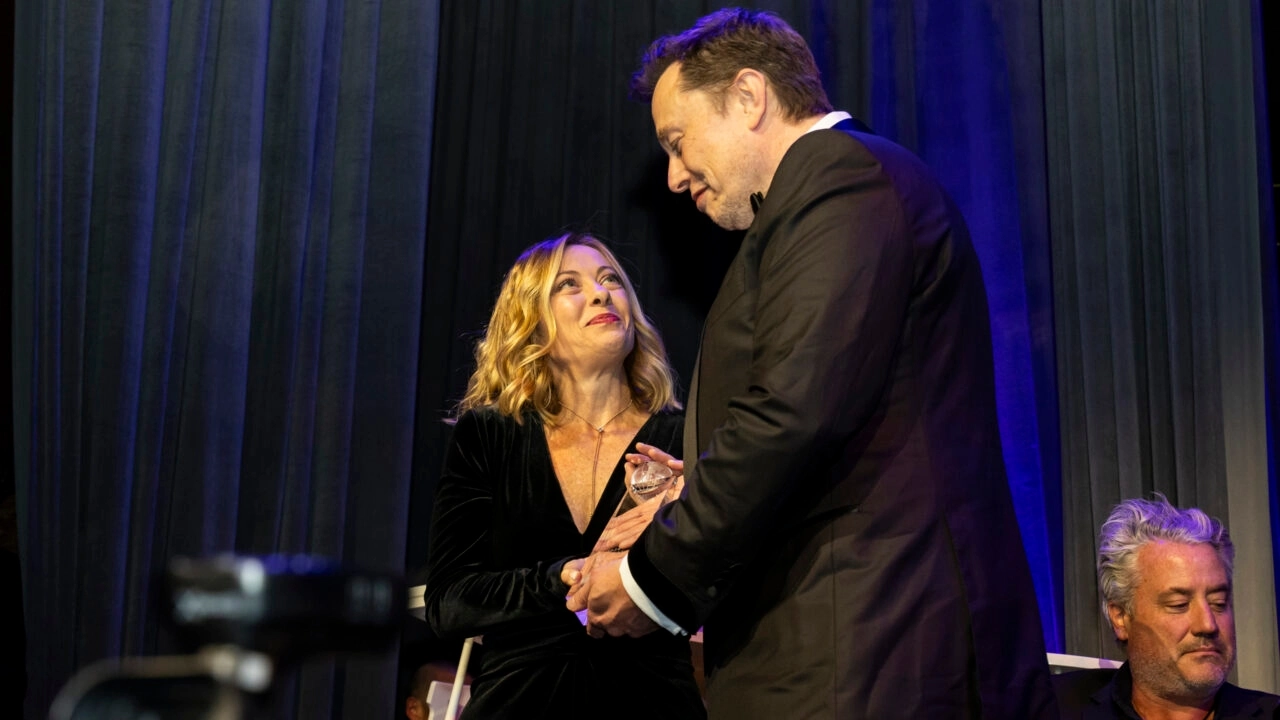
Frozen assets: from Moscow with love
(Sven Franck, )
The temperature is rising ahead of Thursday's European Council on funding #Ukraine for 2026 and 2027. With the principal question being if and how to "unfreeze" the 210B€ of Russian assets held by Belgian Euroclear to fund Ukraine defense and reconstruction. Both Russia threatening legal action and the US seeking control over spending are pressuring our national leaders to coy. Read the article. -
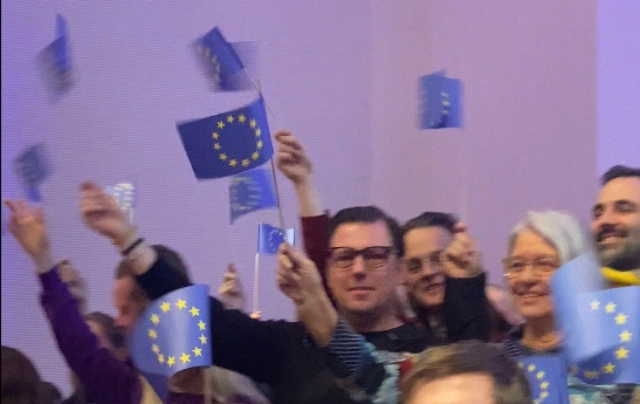
How about a European Security Strategy?
(Sven Franck, )
The last week has been a revelation for transatlantists with the publication of the US #NationalSecurityStrategy and Elon Musk, disgruntled by a 140M€ fine for violating the Digital Service Act, calling for the EU to be dissolved. Europe's response: we're BFF, always have, always will. Really? Read the article. -

5% Nato spending
(Sven Franck, )
It's Nato summit and Mark Rutte already spoiled the poetic message: We will be spending 5% of GDP on defense. That's significantly more than the 2% members committed to grow their spending until 2024. Read the article. -
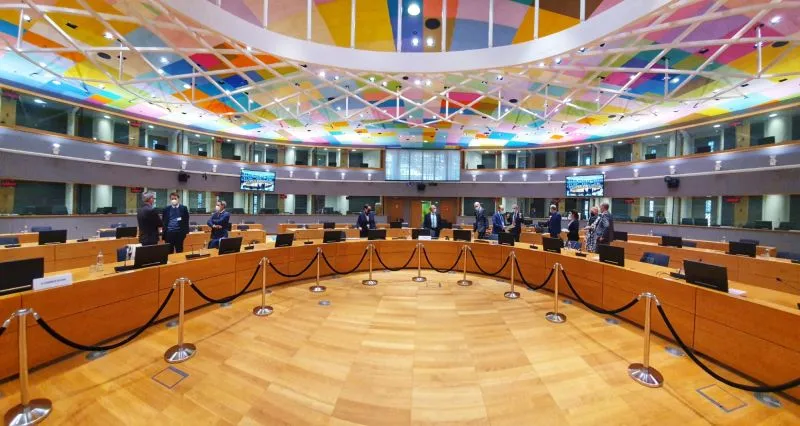
The case for an EU Foreign Policy Trilogue
(Sven Franck, )
I recently watched Jeffrey Sachs speaking in the EU Parliament and I can only echo the criticism towards the European Union lacking a proper foreign policy. Read the article.